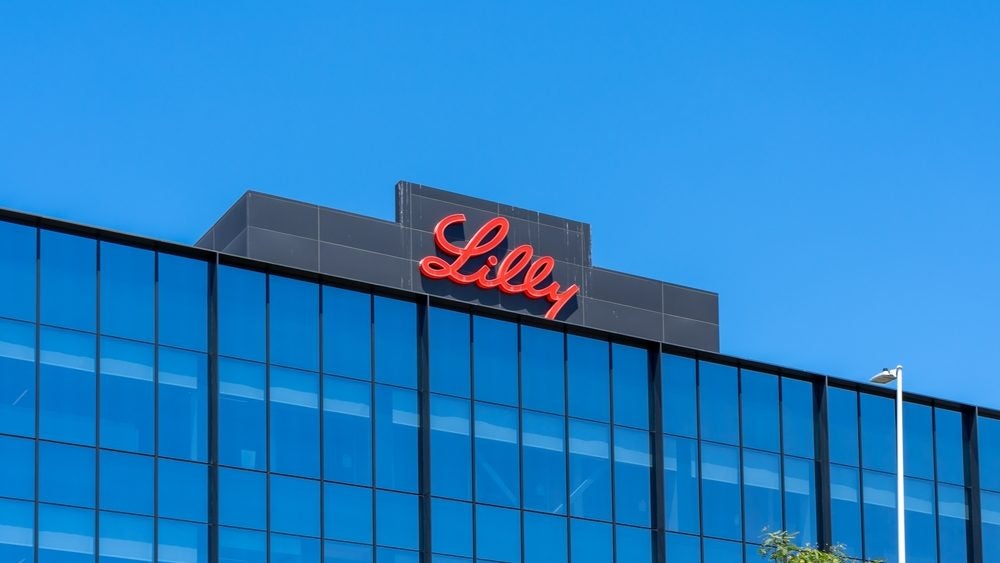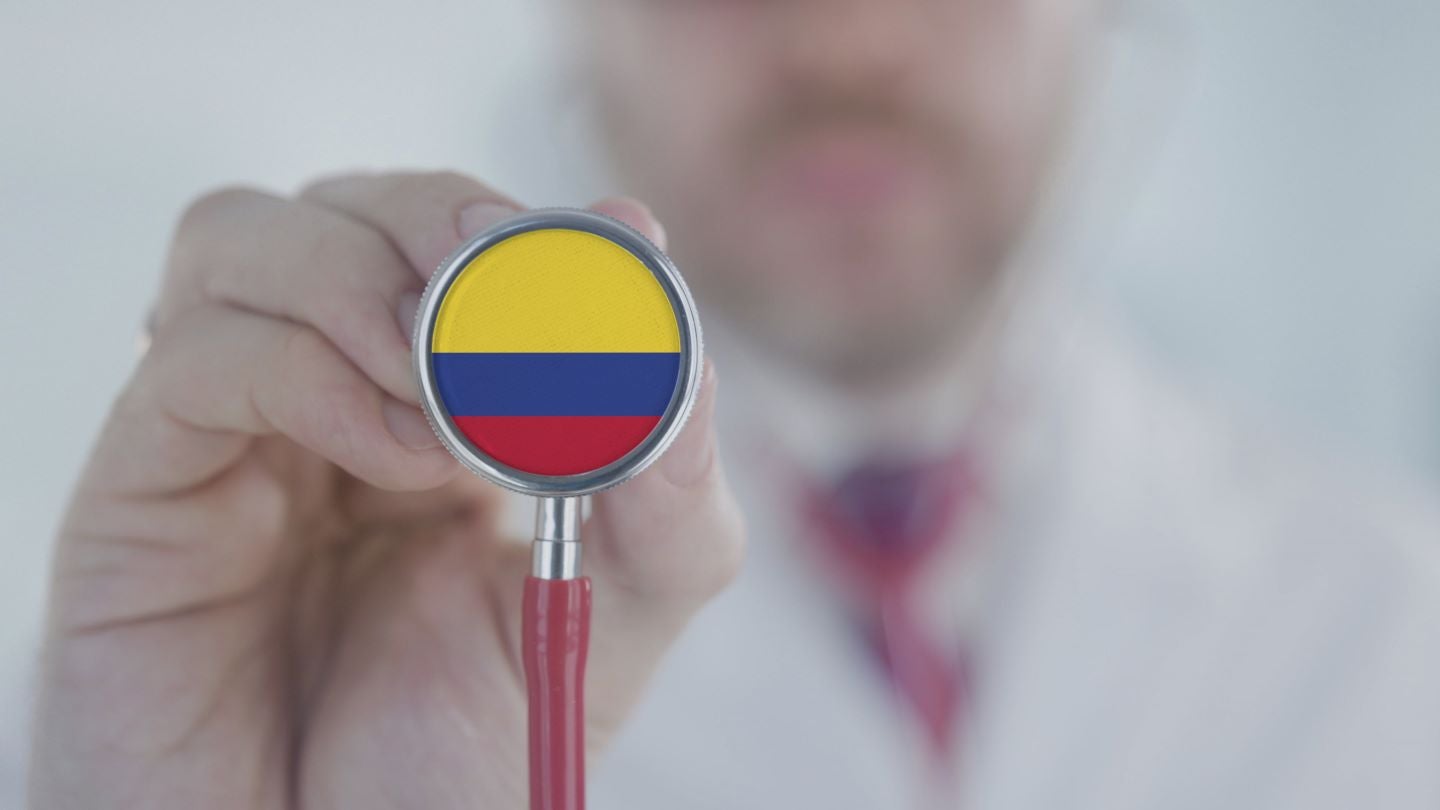STAT+: Pharmalittle: Three big drugmakers spent less on lobbying after leaving PhRMA; EMA reviews CRO over data concerns
Three companies that left the Pharmaceutical Research & Manufacturers of America spent less on lobbying afterward.

Good morning, everyone, and welcome to another working week. We hope the weekend respite was relaxing and invigorating, because that oh-so familiar routine of online calls, meetings, and deadlines has returned. But what can you do? No matter how hard we try, the world keeps spinning. So time to give it a nudge in a better direction with a cup or three of stimulation. Our choice today is salted caramel mocha, a touch of the Jersey Shore. Please feel free to join us. Meanwhile, we have assembled a few items of interest for you to peruse as you being your journey. We hope all goes well and that you conquer the world. And of course, do keep in touch. …
The three companies that recently left the Pharmaceutical Research & Manufacturers of America, the industry trade group, all spent less on lobbying following their departures, STAT reports, citing newly released federal disclosures. AbbVie, Teva Pharmaceutical, and AstraZeneca left over a span of five months following the passage of the drug-pricing reform law pushed by Democrats last year. How large members navigate their exits could be instructive to other firms making decisions about their continued membership in the future. Much of PhRMA’s revenue comes from company dues, so exits hurt its bottom line.
Drug companies are systematically funding grassroots patient groups that lobby the U.K. cost-effectiveness watchdog to approve the rollout of their drugs, The Guardian reveals. Of 173 drug appraisals conducted by the National Institute for Health and Care Excellence since April 2021, 138 involved patient groups with a financial link to the maker of the drug being assessed, or have since received funding. Financial interests were often not clearly disclosed in NICE documents. Many of the groups that received payments later made impassioned pleas to NICE for treatments to be approved. Others made submissions appealing NICE decisions when drugs were refused for being too expensive.
What's Your Reaction?

































